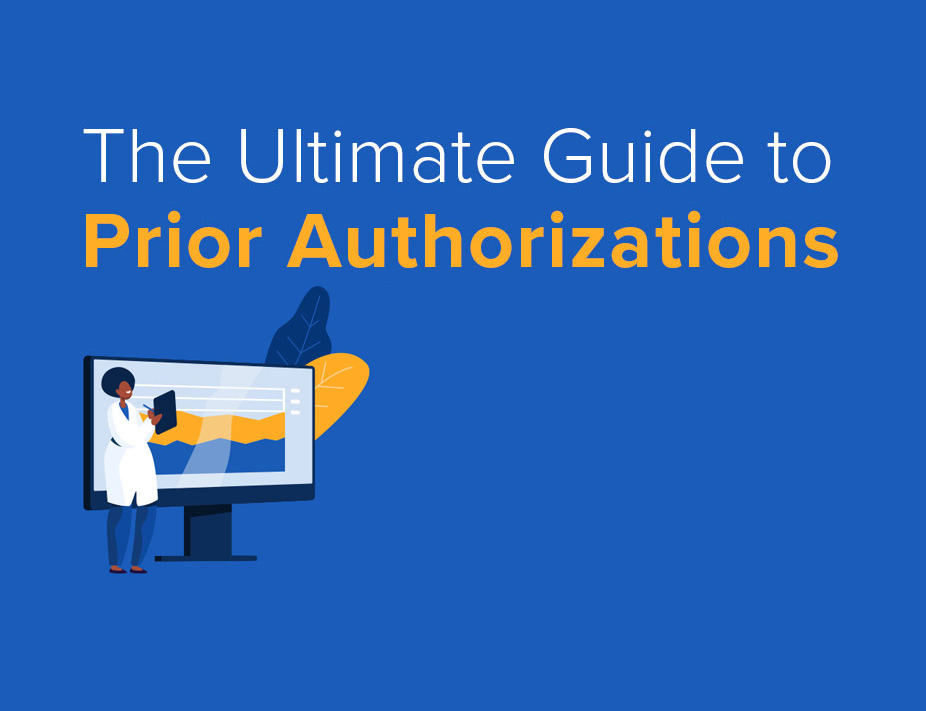The Centers for Medicare & Medicaid Services (CMS) has recently made a groundbreaking move by finalizing a rule to streamline the prior authorization process, a crucial step toward improving the electronic exchange of health information. This bold initiative, outlined in the CMS Interoperability and Prior Authorization Final Rule (CMS-0057-F), is projected to bring about significant cost savings—estimated at $15 billion over the next decade. This transformative ruling aims to alleviate administrative burdens on healthcare professionals, empower clinicians to focus on direct patient care, and eliminate avoidable delays in patient treatment.
The New Requirements
The CMS ruling introduces a set of comprehensive requirements for impacted payers, primarily targeting Medicare Advantage organizations, Medicaid-managed state and care plans and qualified health plan insurers on the federally facilitated exchanges (FFEs). Commencing in 2027, these entities are mandated to comply with the following key provisions:
- Expedited Decision Timelines: For urgent prior authorization requests, payers must send decisions within 72 hours, while standard (non-urgent) requests require decisions within seven calendar days. This swift decision-making timeline aims to enhance patient care by minimizing unnecessary delays.
- Specific Denial Reasons: Payers are now obligated to include a specific reason when denying a prior authorization request. This transparency ensures that healthcare providers have clear insights into the decision-making process, fostering collaboration and understanding between payers and providers.
- Public Reporting of Metrics: Like Medicare Fee-for-Service (FFS), impacted payers must publicly report their prior authorization metrics annually. This increased transparency is expected to enhance accountability and facilitate a more-informed healthcare landscape.
- Implementation of FHIR® Prior Authorization API: To streamline electronic prior authorization processes, payers must implement a Health Level 7 (HL7®) Fast Healthcare Interoperability Resources (FHIR®) prior authorization application programming interface (API). This technology-driven approach aims to automate the end-to-end prior authorization process, promoting efficiency and reducing manual workload.
The CMS envisions these new requirements as a game-changer for the healthcare industry. By reducing administrative burdens on the healthcare workforce, the ruling aims to empower clinicians to spend more time providing direct care to their patients. Moreover, the elimination of avoidable delays in patient care is anticipated to improve overall health outcomes. The estimated $15 billion in savings over the next decade further underscores the financial benefits of a streamlined prior authorization process.
Delving Deeper: API Requirements and Compliance Timeline
The ruling not only emphasizes the significance of FHIR, but also introduces specific API requirements to increase health data exchange and foster a more efficient healthcare system. The compliance timeline, initially set for January 1, 2026, has been extended to January 1, 2027. Beginning in January 2027, impacted payers are required to expand their current patient access API to include information about prior authorizations.
Furthermore, affected payers must implement a provider access API, which will enable healthcare providers to retrieve essential patient data, including claims, encounter, clinical, and prior authorization information. With patient consent, payers are mandated to exchange the same data using a payer-to-payer FHIR® API when a patient moves between payers or has multiple concurrent payers. These measures are poised to enhance data interoperability, facilitating seamless information exchange between healthcare stakeholders.
The CMS ruling to streamline the prior authorization process marks a significant leap forward in the evolution of healthcare practices. By leveraging technology and introducing stringent requirements, CMS aims to create a more efficient, transparent, and patient-centric healthcare ecosystem. The estimated $15 billion savings over the next decade reinforces the financial benefits of these reforms, signaling a positive shift towards a more streamlined and cost-effective healthcare system. There’s real potential for a partnership between CMS and technology-enabled services companies to improve healthcare access and equity.
As the healthcare industry moves towards full compliance by January 1, 2027, our NaviNet platform stands as a key enabler of this transformative impact on prior authorizations. By leveraging technology and aligning with CMS requirements, NaviNet aims to reinforce the vision of a streamlined, cost-effective, and patient-centric healthcare system. NaviNet aims to support, stakeholders with improving patient care and enhancing data interoperability, marking a positive shift in the healthcare landscape.








